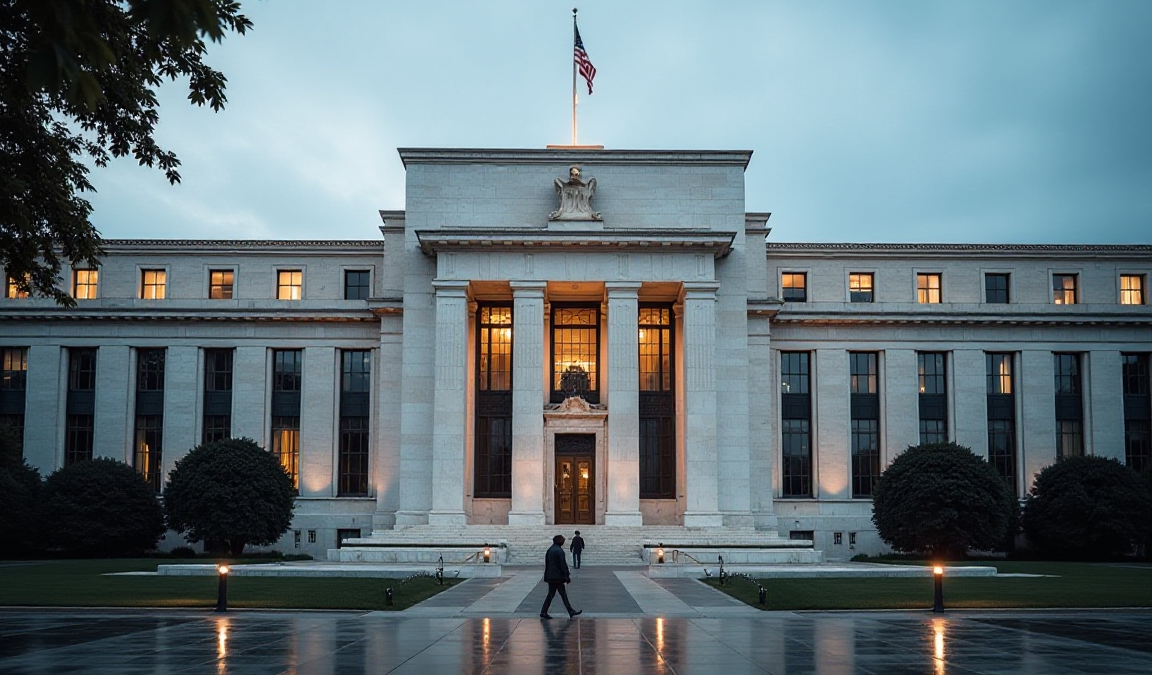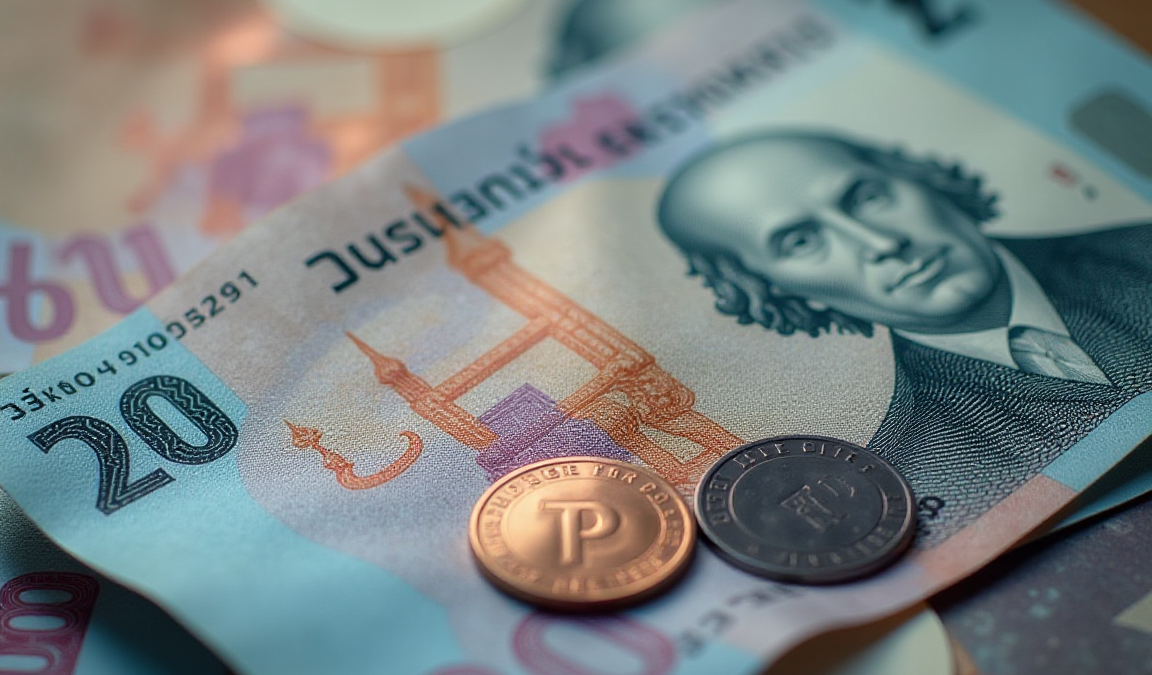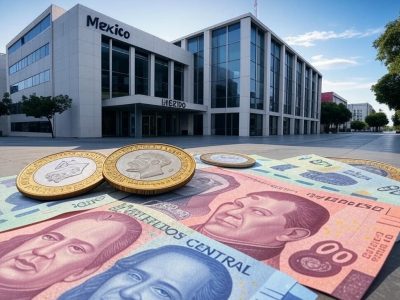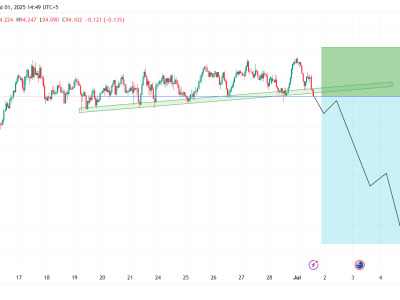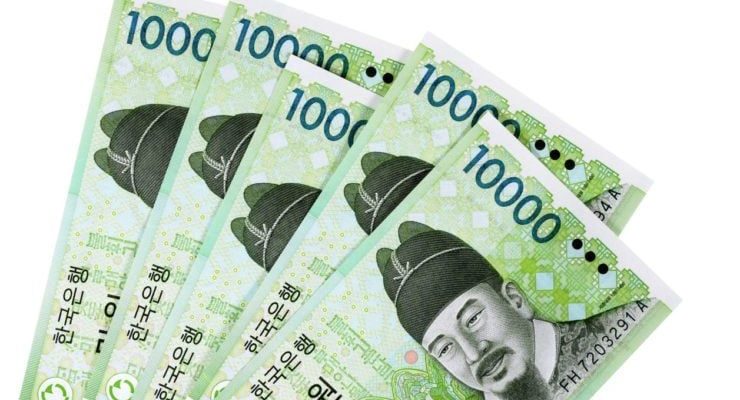
In response to South Korea’s recent political upheaval, the Bank of Korea (BOK) announced on Wednesday its commitment to boost short-term liquidity and stabilize foreign exchange (FX) markets as necessary.
The central bank’s proactive measures follow a dramatic sequence of events, including President Yoon Suk Yeol’s surprise martial law declaration and its swift reversal by the National Assembly.
The Bank of Korea convened an emergency board meeting early Wednesday to assess the financial impact of the turmoil. Following the meeting, the central bank released a statement pledging to inject funds into the market through special loans if required.
“As announced together with the government, we will provide sufficient liquidity for a limited time until the financial and foreign exchange markets stabilize,” the BOK stated.
South Korea’s Finance Minister, Choi Sang-mok, echoed the central bank’s resolve, promising to take coordinated action to calm market volatility.
South Korean financial regulator to deploy $7.07 billion
Local reports from Yonhap News revealed that the country’s financial regulator is prepared to deploy 10 trillion won ($7.07 billion) into a stock market stabilization fund if necessary.
The political chaos began late Tuesday when President Yoon declared martial law and mobilized military forces in response to escalating domestic tensions.
However, within hours, the National Assembly intervened, overturning the declaration and compelling Yoon to rescind the order early Wednesday. The deployed military units have since been withdrawn.
Market analysts remain cautiously optimistic about the financial impact of these events.
“In our view, the negative impact on the economy and financial markets could be short-lived as uncertainties in the political and economic environment could be quickly mitigated through proactive policy responses,” Citi analysts noted in a client report.
The political instability sent shockwaves through global markets, with South Korean stocks experiencing sharp fluctuations on Tuesday.
The iShares MSCI South Korea ETF (EWY), a key index tracking over 90 large and mid-cap South Korean companies, plunged 7% during US trading, hitting a 52-week low. It later pared losses, closing down 1.6% as news of the lifted martial law spread.
This turbulence follows a surprise decision by the Bank of Korea last week to lower its benchmark interest rate by 25 basis points, a move aimed at supporting the economy amid rising inflation and global uncertainty.
The combination of monetary easing and targeted liquidity measures demonstrates the central bank’s readiness to shield South Korea’s financial markets from prolonged instability.
The BOK’s interventions, coupled with government-backed stabilization efforts, aim to restore confidence in South Korea’s economy.
While the short-term volatility has rattled investors, market experts believe that swift policy actions could limit the long-term impact.
With South Korea being a pivotal player in the global semiconductor and technology sectors, the stability of its financial markets will be closely monitored in the coming days.
The post Bank of Korea pledges short-term liquidity boost to stabilize FX market amid political turmoil in South Korea appeared first on Invezz


